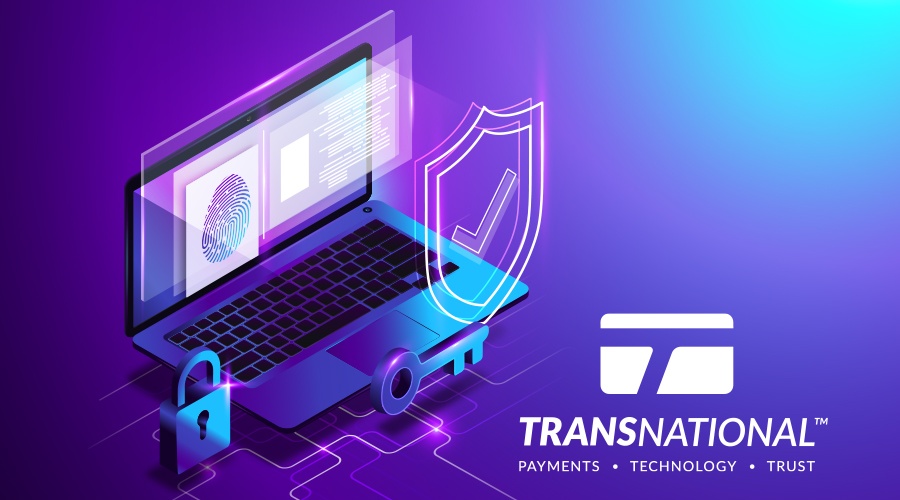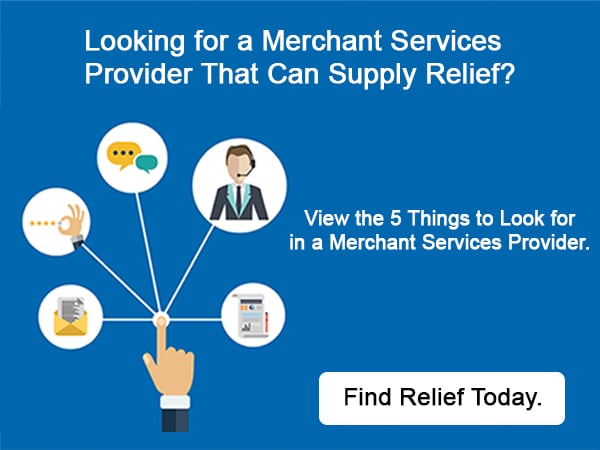
Chargebacks, like many other security features in payment processing, are designed to protect cardholders from fraud. Unfortunately, the problems begin to arise when cardholders take advantage of them either for personal gain or simply due to not understanding how the process works.
Friendly Fraud vs. Chargeback Fraud
Only about 30 percent of merchants' chargeback losses are related to true fraud. This means that the other 70 percent are the direct result of customers abusing their chargeback privileges by trying to get their money back AND keep their purchase. Doing so intentionally is called chargeback fraud, which can be compared to shoplifting from a physical store. But what if the customer simply doesn't know better?
Many cardholders see chargebacks as a simple and quick way to obtain a refund. They don't intend to steal from the business but they may also not want or know how to request a refund the right way. Although their intentions aren't necessarily malicious, they're still defrauding the merchant by negatively impacting their business beyond a simple loss of funds (too many chargebacks can cost them the ability to accept credit and debit cards at all). This is known as friendly fraud.
Want to protect your business AND save money on your payment processing?
Friendly Fraud in Numbers
Friendly fraud is a much bigger problem than it may seem at first. Not only does it already account for most chargebacks, but it also grows by 41 percent every two years. At this rate, the total cost of friendly fraud for merchants is expected to reach 25 billion by 2020. If you don’t want your business to end up on the victim list, you need to take active steps to protect it. But before we get into that, let’s take a closer look at why friendly fraud happens.
Reasons for Friendly Fraud in Payment Processing
The Customer Doesn’t Recognize the Purchase
This usually happens when a family member or a friend makes a purchase without informing the cardholder, often due to miscommunication rather than malicious intent. In a similar vein, the customer themselves might make the purchases but fail to recognize it on their billing statement.
The Customer Doesn’t Follow the Return Procedures
Oftentimes, the customer either doesn’t know how to properly make a return or simply doesn’t want to go through the hassle of doing it. Filing a chargeback will get them their money back but it will also hurt your business in the process.
The Customer Doesn’t Want to Pay
Whether it’s buyer’s remorse or dissatisfaction with a purchase, some customers turn to chargebacks as a way to avoid going through the explanation or an argument with the merchant. It happens often but even this type of friendly fraud it preventable.
How to Prevent Chargebacks That Pose as Friendly Fraud
Preventing friendly fraud, just like the rest of chargebacks, always starts with your business. Does your product or service match the description? Do you provide on-time delivery? Do you have a proper return process in place, and is it clearly explained to your customers either in-person, on the receipt or on your website? If you answered “yes” to all of these questions, then you’re already likely avoiding a large percentage of friendly fraud.
But what happens when you keep getting chargebacks from that small number of cardholders who don't adhere to common sense? That’s where fraud prevention tools come into play. For example, if you have an online store and receive repeated unwarranted chargebacks from certain customers, you can choose to simply block their IP addresses to prevent further purchases. If you don’t have the time to manually track down every single one of them or simply want to automate the process, a good payment gateway can take care of that for you.
Did you know... that if your business can't accept chip cards and the customer has to swipe their card instead, you could be liable for all fraud and chargebacks related to that purchase?
Watch our video to find out why you should upgrade to EMV!
EMV is a payment technology that upgrades the traditional magnetic strip cards and processing, vastly improving security to eliminate the risks of fraud.
An industry shift in the U.S. from traditional magnetic swipe to EMV technology could impact your credit card transactions — help your small business avoid risks of chargebacks and fraud liability.
Looking for more tips and tricks to help prevent fraud and chargebacks at your business? We've got you covered!










 Facebook
Facebook Twitter
Twitter LinkedIn
LinkedIn Youtube
Youtube Glassdoor
Glassdoor